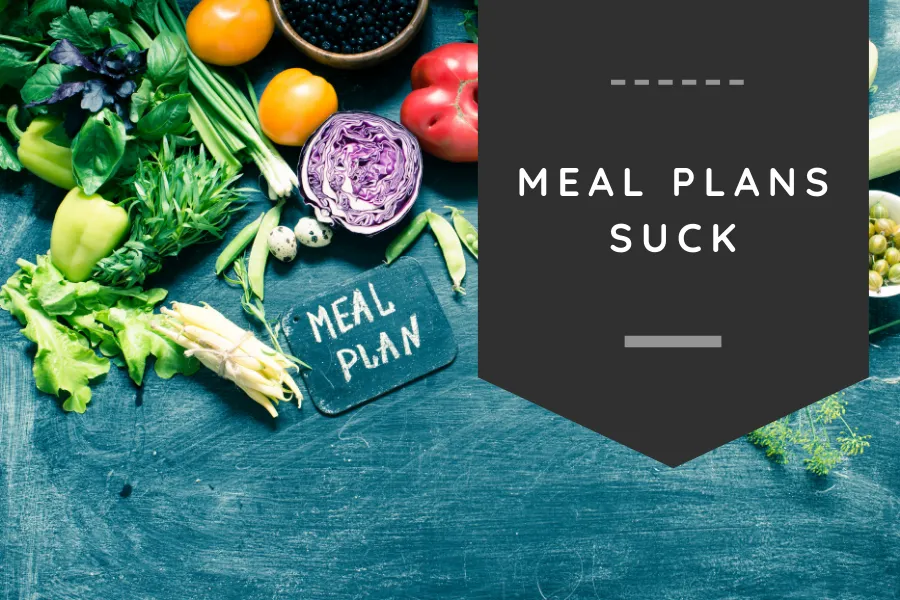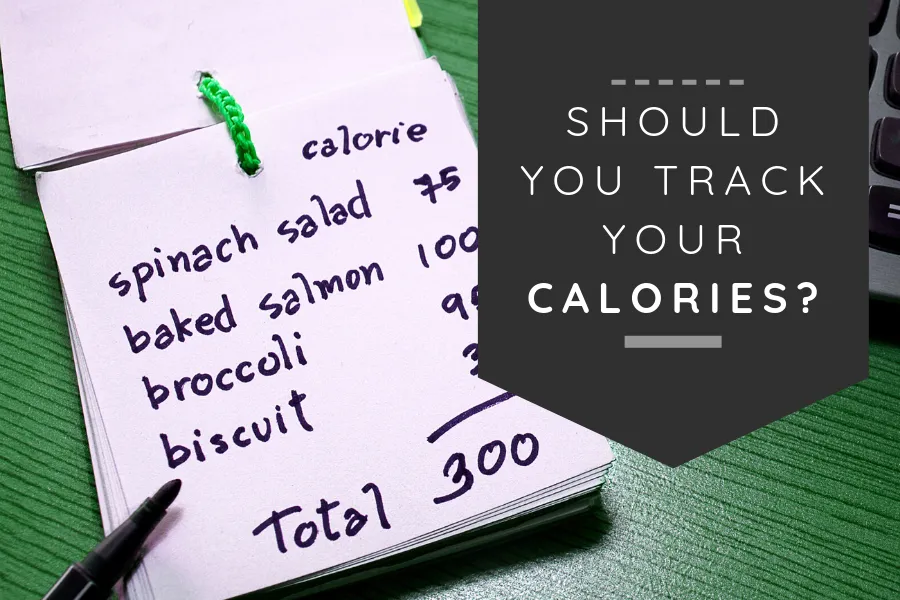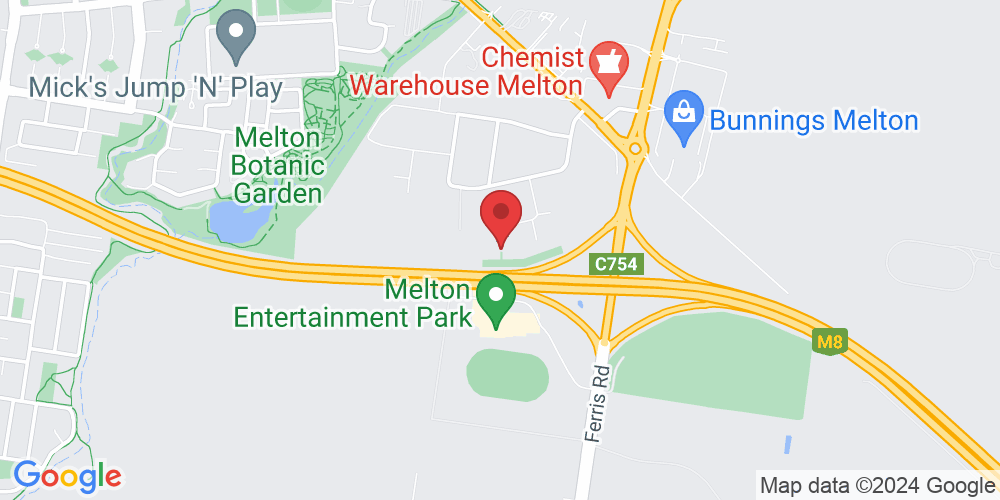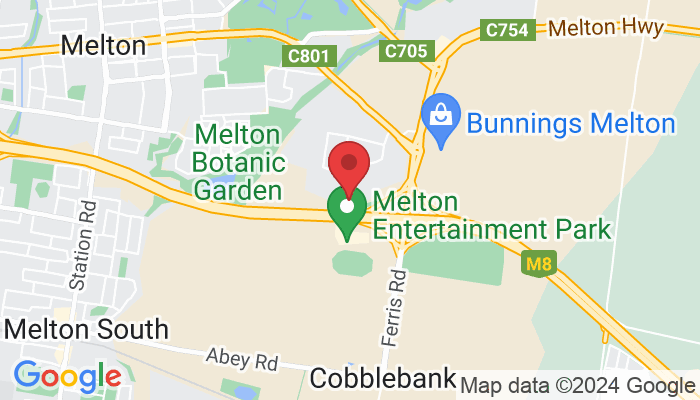
Meal Plans Suck
“Our weight goes up, down, sideways.. freakin’ who knows where?!”
It’s quite common as a personal trainer and coach for people to contact me and request a meal plan – “Tell me exactly what to eat and I’ll stick to it!”
Will you though?
And if you do, for how long? 2 weeks? A month?
Truth be told, I’ve never given out a meal plan. And I never will.
Meal plans suck.
A meal plan is a specific set of meals that you have to stick to.
It pigeon-holes you into certain foods, at certain times of the day, in certain quantities.
They just don’t work.
Well, they don’t work how you think they work.
Sure, you might get some great weight loss early on. But where do you go from there? You can’t eat the same food in the same quantity forever and get the same results. You won’t consistently drop weight until you hit your goal weight.
Our weight goes up, down, sideways.. freakin’ who knows where?!
It’s not linear. It’s not a nice straight line all the way down.
You have to adjust things and change them along the way to account for this. Meal plans can’t do that. Not to mention, who wants to be told exactly what and when to eat every single day? Don’t feel like fish today? Bad luck! It’s on your meal plan!
Let’s also not forget that calorie intake and expenditure vary significantly between people. I might burn 2500 calories per day doing the exact same thing as you, but you only burn 2000 calories. What gives?
Our metabolisms are very different.
I might have more muscle than you which causes more of a calorie burn. I might fidget more than you which causes more of a calorie burn. I might get better sleep than you, drink more water than you, hell I might even digest food better than you.
If we’re both in the market for a meal plan and we assume we’re pretty close with our required food intake, the 1800cal meal plan is going to work for me at the start. But you’ll struggle to drop a kilo within a month.
There’s no set calorie amount that burns fat for everyone.

Like I just highlighted, we’re all different. Trying to sell a 6-week meal plan based on calorie targets that you assume will work for everyone is wrong.
There’s so much more that goes into it. There’s so much individual variance that you have to take into account. Meal plans can’t accommodate for that.
Even if the calorie targets are ideal for you, what about the macronutrient breakdown? How do you know if you’re getting enough protein or fats? They’re both essential after all.
What if you’re getting a complete carb-bomb that isn’t giving your body it’s essential nutrients?
See, there are optimal amounts of protein and fats that will allow you to function at your best and stay as healthy as possible. Again, these vary from person to person but generally you don’t want your fat intake to be lower than 10-20% of your total calorie.
If you’re on a 1200cal meal plan, 20% of those cals is only 26g of fat (remember, 1g of fat = 9 calories). If that meal plan gives you a split of 20% fats, 20% protein & 60% carbs, it could be detrimental to your health. Of course, you should experiment with any new nutrition plan to see if it’s right for you before you go all in.
Protein is often another under-consumed macronutrient. The Recommended Daily Intake of protein for the average person is about .8g of protein per kilo of bodyweight [1]. However, this number is really just to meet the minimum safe amount. It’s not the optimal amount.
If you want to optimise your fat loss and muscle gain, it’s pretty well-established that you should be eating around 1.5-2g of protein per kilo of body weight [2].
Once again, do your average meal plans take this into account? And how would a generic meal plan account for me weighing 87kg and someone else weighing 67kg? We both have very different required amounts of protein. I need around 175g of protein while the smaller 67kg person needs 135g.
But let’s pretend that your meal plan is perfectly designed for you and takes all this into account. You’ve got an appropriate number of calories as well as optimal amounts of protein, carbs and fats.
Wouldn’t that be perfect? It’s tailored specifically for you and everything is spot on.
No. It wouldn’t be perfect.

My biggest gripe with meal plans is that you don’t learn anything. They don’t teach you anything. They get you to follow very specific instructions and you become a robot.
You don’t learn how to cook and eat appropriate meals yourself.
You don’t learn why certain foods serve your goals more than others.
You don’t learn how to live your life and balance your nutrition without an instruction manual by your side the whole way.
If you’ve been following a meal plan for 3 months and you’ve seen great results, it’s not as simple as finishing up your subscription and going on your merry way.
You’ll gain it back! You haven’t learned to maintain your new physique.
It’s the same reason why so many people jump from diet to diet and never have any permanent results. They don’t learn how to eat for their body, they only learn how to eat for a diet.
You need to learn about your protein and fat intake, and your total calorie intake. You need to be able to adjust things on the fly and balance your lifestyle with your eating.
If you haven’t learned the fundamentals about nutrition, you won’t know how to navigate the real world.
It’s like remembering a phone number. When I was younger, I could remember everyone’s phone number! You had too. Nowadays though, you just plug a new phone number into your mobile and never think about it again.
Off the top of your head, how many NEW phone numbers do you think you could remember? Not many.
Same thing goes with your nutrition.
A meal plan is like plugging in someone’s phone number – you’re not learning it. You’re not learning how to do this on your own. It’s a shortcut that, a lot of the time, leads nowhere.
Here’s the bottom line: Nutrition – good nutrition – is very individualised.
What causes weight loss in 1 person might not cause weight loss in another. Even in yourself. You may have lost weight on 2000 calories before but you don’t now.
You need to take a lot of things into account to get results in the first place, and consider even more for permanent change.
Follow a program that teaches you about nutrition and everything that’s required to maintain your results. Learn how to live the life you want, while eating some of the foods you want. Don’t just follow someone else’s idea of a good diet – make your own.

Lose 5kg this February!
4-Week Challenge starting February 10th. Put yourself first once the kids go back to school.
© FIT40 Melton 2024
Privacy Policy | Terms of Use









